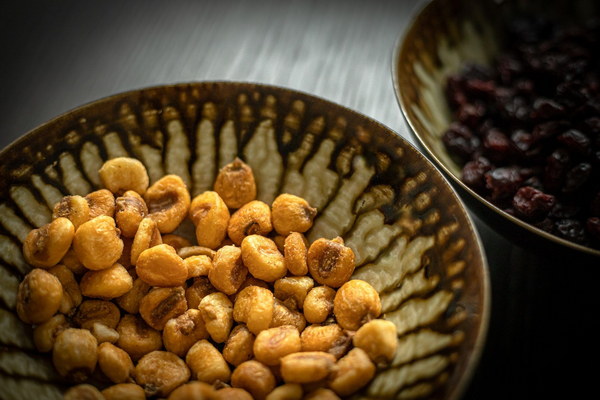Natural Remedies and Lifestyle Adjustments for Gout Management
Gout is a common form of arthritis that occurs when excess uric acid builds up in the body, causing crystals to form in the joints. The most common site for these crystals is the big toe, but they can also appear in other joints, such as the knees, ankles, and elbows. While medication is often necessary to manage gout, lifestyle adjustments and natural remedies can also play a significant role in reducing symptoms and preventing future attacks. In this article, we'll explore various natural remedies and lifestyle adjustments for gout management.
1. Diet and Nutrition
A healthy diet is crucial for managing gout. Here are some dietary tips:
- Reduce purine intake: Purines are natural substances found in many foods, and when they're broken down, uric acid levels can rise. Foods high in purines include organ meats, seafood, red meat, and certain vegetables (like asparagus and cauliflower).
- Stay hydrated: Drinking plenty of water helps flush uric acid from the body, reducing the risk of gout attacks. Aim for at least 8 to 10 glasses of water daily.
- Limit alcohol consumption: Alcohol, especially beer and spirits, can increase uric acid levels. If you choose to drink, opt for small amounts and water down alcoholic beverages.
- Eat low-fat dairy products: Low-fat dairy products like milk, cheese, and yogurt can help lower uric acid levels.
- Include fruits and vegetables: These foods are high in vitamin C, which has been shown to decrease uric acid levels in the body.
2. Weight Management
Maintaining a healthy weight is essential for gout management. Excess weight can increase uric acid levels and put extra pressure on your joints. If you're overweight, losing weight gradually can help reduce gout symptoms and the frequency of attacks.
3. Exercise
Regular exercise can help manage gout in several ways:
- Maintain a healthy weight: Exercise can help you lose weight and reduce the risk of gout attacks.
- Improve joint flexibility: Gentle stretching and strengthening exercises can help improve joint flexibility and reduce pain.
- Lower stress levels: Exercise can help lower stress, which can contribute to gout attacks.
4. Natural Remedies
Several natural remedies can help manage gout symptoms:
- Cherries: Cherries have been shown to reduce uric acid levels and alleviate gout symptoms. Aim for 10 to 20 cherries daily, or consume cherry juice.
- Turmeric: This spice contains curcumin, a compound that has anti-inflammatory properties. Adding turmeric to your diet or taking a curcumin supplement may help reduce gout symptoms.
- Baking soda: Baking soda can help lower uric acid levels. Dissolve 1/2 teaspoon in a glass of water and drink it twice daily.
- Apple cider vinegar: This natural remedy can help reduce inflammation and lower uric acid levels. Dilute one tablespoon of apple cider vinegar in a glass of water and drink it daily.
5. Consult with a Healthcare Professional

Before making any significant changes to your diet, lifestyle, or medication regimen, it's essential to consult with a healthcare professional. They can provide personalized advice and ensure that any changes you make won't interfere with your current treatment plan.
In conclusion, managing gout involves a combination of medication, lifestyle adjustments, and natural remedies. By following these tips, you can reduce gout symptoms, prevent future attacks, and improve your overall well-being. Remember to consult with a healthcare professional before making any significant changes to your treatment plan.









